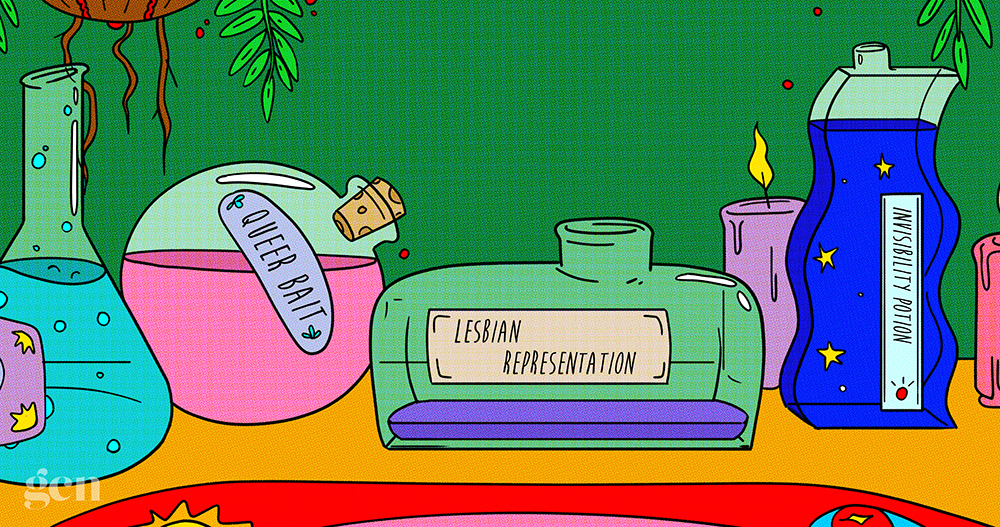GCNnewvoices in partnership with BeLonG To will platform the opinions and thoughts of LGBTQ+ young writers from across the country, speaking about issues that matter to them. Bee McCormack speaks about finding solace in some classic works of culture that, whether outright or implied, represent LGBTQ+ lives.
LGBTQ+ people have always existed. We’re nothing new (though certain people like to think we are). Our impact is to be seen everywhere in culture, from the Iliad to Madonna’s Vogue. As a more introverted type, I joined many others in finding solace in the queer coding in the works of Oscar Wilde, as well as actual LGBTQ+ characters in books such as Jean Genet’s Our Lady of the Flowers, and films by director Todd Haynes.
Queer coding is subtextual portrayal of queer characters in culture whose identities are not explicitly confirmed.
A famous case of this can be seen in the works of Oscar Wilde – a 19th Century Irish playwright who dealt with themes of morality, hedonism and aestheticism. His only novel, The Picture of Dorian Gray, tells the story of a young bachelor, Dorian himself, mentored into sin by Lord Henry. The relationship between Dorian and his mentor was so heavily homoerotic that the book was used as evidence against Wilde in his own trial for sodomy (which was, of course, illegal under British rule in the 1800’s). Dorian’s characterisation as an effeminate, unmarried man was credited with providing representation for LGBTQ+ folks both then and now.
The French writer and political activist Jean Genet made no effort to hide his gayness in the 1940’s and was in and out of prison for several related and unrelated reasons. While in prison, he wrote Our Lady of the Flowers, a part-autobiographical, part-fictional novel based around the characters of Divine and Darling moving through the Parisian underworld. Divine is a drag queen (usually referred to as the inspiration for the legendary performer Divine who starred in many of the director John Waters’ films) and Darling, a pimp and her lover. This book, first published in 1943, has had a massive knock-on effect throughout pop culture.
Bowie, The Pogues, Placebo are all musicians who have been influenced by the novel. Genet was also serious influence on the director Todd Haynes, who even adapted elements of Genet’s books for the 1991 film Poison, which tells three intercut stories and is widely considered an early entry in the New LGBTQ+ Cinema Movement.
Haynes later film, Velvet Goldmine (1998), partially inspired by Oscar Wilde, is a dive into the glam-rock scene of the 1970’s through the eyes of the journalist Arthur Stewart looking back on his teenage years discovering his sexuality. The film gives us characters such as bisexual pop icon Brian Slade and his gay, Iggy Pop-esque counterpart Curt Wild, as well as the androgynous icon of the scene, Jack Fairy. These characters provided much-needed representation to young LGBTQ+ folks then and now who feel like they don’t belong or fit in and offer the message that they are enough as they are, and do not need to change themselves to achieve in life.
© 2020 GCN (Gay Community News). All rights reserved.
Support GCN
GCN is a free, vital resource for Ireland’s LGBTQ+ community since 1988.
GCN is a trading name of National LGBT Federation CLG, a registered charity - Charity Number: 20034580.
GCN relies on the generous support of the community and allies to sustain the crucial work that we do. Producing GCN is costly, and, in an industry which has been hugely impacted by rising costs, we need your support to help sustain and grow this vital resource.
Supporting GCN for as little as €1.99 per month will help us continue our work as Ireland’s free, independent LGBTQ+ media.
